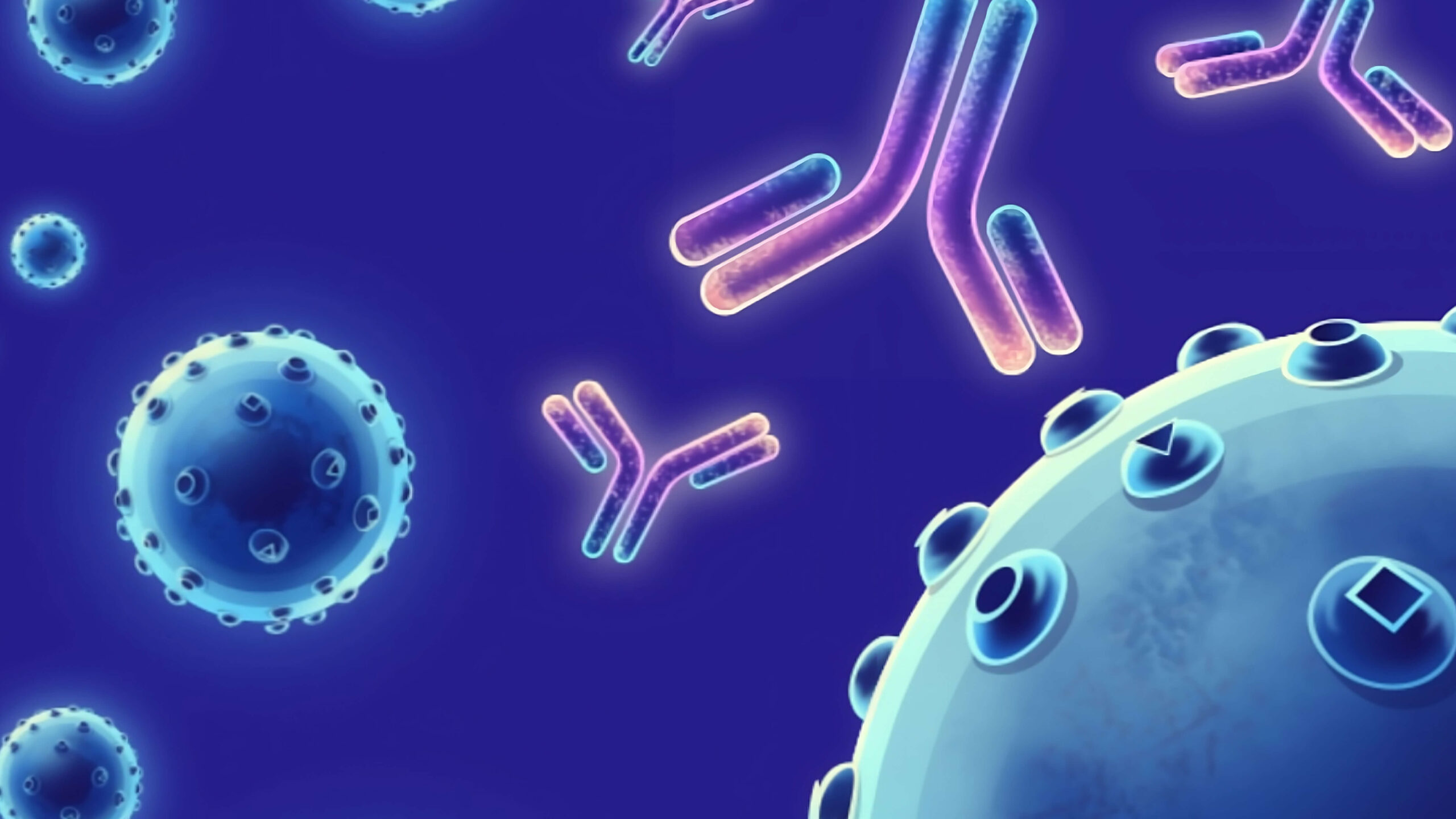Description
Beta-Tubulin is a subunit of tubulin. Tubulin is one of several members of a small family of globular proteins. It is the major constituent of microtubules. There are two most common members of the tubulin family: alpha-tubulin and beta-tubulin, and together their dimers form microtubules. The dimers of alpha- and beta-tubulin bind to GTP and assemble onto the (+) ends of microtubules while in the GTP-bound state. After the dimer is incorporated into the microtubule, the molecule of GTP bound to the beta -tubulin subunit eventually hydrolyzes into GDP through inter-dimer contacts along the microtubule protofilament. Beta-tubulin faces the plus end of the microtubule while alpha-tubulin faces the minus end. Dimers bound to GTP tend to assemble into microtubules, while dimers bound to GDP tend to fall apart. Loading controls are usually proteins that exhibit high-level, constitutive expression in the cell type or sample you are examining. This ensures constant expression levels. Thus housekeeping genes are frequently chosen for use as loading controls. It is also important that the protein chosen as a loading control has a different molecular weight than the protein of interest so that the bands are distinct and expression levels quantifiable. Popular loading control detection antibodies include anti- -Actin monoclonal or polyclonal antibodies, anti-COX-4, anti-GAPDH, anti-Tubulin and anti-VDAC/Porin antibodies.
Target
Beta-Tubulin
Target Alias Name
Beta-Tubulin
Isotype/Mimetic
Rabbit IgG
Animal-Derived Biomaterials Used
No
Sequence Available
No
Original Discovery Method
Phage display technology
Antibody/Binder Origins
Animal-dependent discovery, post-2020, In vitro recombinant expression

